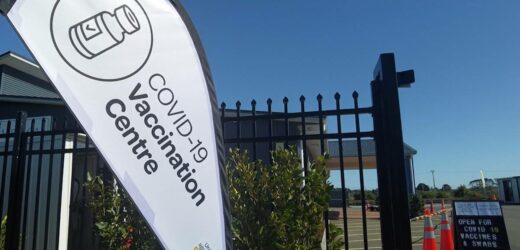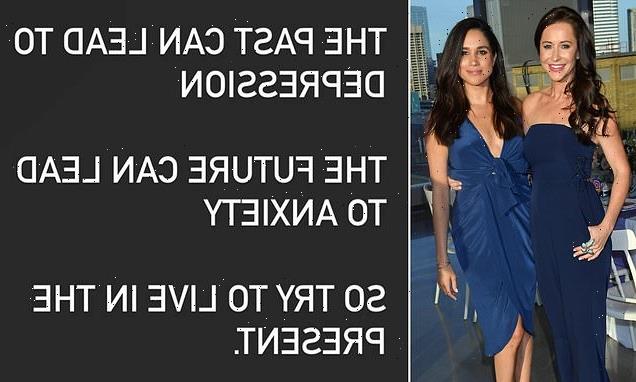An MIQ worker who contracted Covid-19 has the Omicron strain of the virus as health officials report 25 community cases today.
The new cases are in Northland, Auckland, Bay of Plenty, Lakes, Waikato, Hawke’s Bay, and Wellington.
The border worker returned a positive result for Covid-19 late yesterday afternoon and is currently in isolation, the Ministry of Health said.
The test was taken as part of routine border worker surveillance testing. The Herald understands the person worked at the Stamford Plaza Hotel.
It was confirmed by the Ministry this afternoon that the worker has Omicron – the highly-infectious strain of the virus that is spreading rapidly around the world.
“All of the case’s seven household contacts identified have already been contacted, isolated and tested, and returned a negative result,” the ministry said.
“A further 48 close contacts are in the process of being contacted, asked to isolate and get tested. Fifteen of these contacts have already returned a negative test result, including five contacts in Taupō. Among the close contacts, are 39 people who were on two bus trips with the case. The MIQ worker on the bus trips was wearing their mask throughout both journeys,” officials said.
“At this stage, exposure events have been identified at the MIQ facility, on bus travel to work and a small number of shops.”
The ministry released a series of locations of interest linked to the worker.
The locations include:
• Rail Replacement Bus – Southern Line, Britomart to Takanini, Thursday 13 January 4.50 pm – 6.20 pm
• Rail Replacement Bus – Eastern Line – Panmure to Britomart, Friday 14 January 7.15 am – 7.40 am
• The Warehouse, 30 Walters Road, Takanini, Wednesday 12 January 6.39 pm – 7.15 pm.
• New World Metro, 125 Queen St, Auckland CBD, Thursday 13 January 12.11pm – 12.30pm and Friday 14 January 12.21pm – 12.30 pm.
• Morrin Road Bakehouse, 66A Morrin Road, Saint Johns, Friday 14 January 6.30 am – 7.00 am and Monday 10 January 7.10 am – 7.30 am
• Gateway Wholesale Meats, 108 Great South Rd, Tuesday 11 January 3.42 pm – 4.00 pm
• Shosha Takanini, 108 Great South Rd, Takanini, Monday 10 January 6.03 pm – 6.15 pm
The two bus trips are identified as high-risk and anyone who was on them at the relevant times should self-isolate and get tested immediately.
Those at the other locations of interest are required to self-monitor for symptoms for ten days after exposure. If symptoms develop, people are required to self-isolate and get a test.
Whole-genome sequencing has linked the worker to two returnees at MIQ who had arrived from India on January 8.
The travellers tested positive two days later.
Auckland Regional Public Health is working with MIQ staff to investigate possible routes of transmission between the returnees and the worker.
The MIQ worker is deemed to have been infectious from Monday January 10.
The Covid vaccine remains New Zealand’s key defence against all variants of the virus including Omicron.
There are 43 cases of Covid-19 detected at the border today.
Twenty-two people are in hospital with the virus – two of who are in ICU.
The ministry says New Zealanders are well protected against Covid – 93 per cent of the eligible population is now fully vaccinated and the booster programme is under way.
People over the age of 18 are asked to get their booster shot if it has been four months since their last dose.
It comes as the vaccine roll-out for 5 to 11-year-olds is set to begin tomorrow. The vaccine will be available for free at all the same places that provide the adult vaccine: parents will be able to access walk-in clinics, or use Book My Vaccine to use other health providers.
While there are no plans for a school-based immunisation programme, schools are being considered as community vaccination sites.
A parent, caregiver or legal guardian will need to accompany the child to their immunisation appointment and provide consent for them to be vaccinated.
As with adults, children need two doses of the vaccine to be fully protected, and the ministry recommended these be given at least eight weeks apart – although the interval could be safely shortened to a minimum of 21 days if needed.
Children aged under 9 have made up roughly the same proportion of all Delta cases – some infants among them – since the outbreak began last year.
When talking about the vaccine, Otago University immunologist Dianne Sika-Paotonu suggests parents simply tell their kids it’s time for another vaccine – just like those they’d had before.
“It might be helpful also to point out that the vaccines they’ve been given in the past have stopped them from becoming seriously unwell, and so have kept them safe and protected,” she said.
“Pointing out that this is how vaccines in general work, by giving protection from serious illness, will be useful.”
As well, parents could make it clear to their children that they’d been vaccinated too, and that all kids would be getting the same vaccine.
She recommended keeping the conversation “simple and honest”.
Source: Read Full Article

/cloudfront-ap-southeast-2.images.arcpublishing.com/nzme/6S53Y7LWJXKR4I7HZBSPVB2SYY.jpg)
/cloudfront-ap-southeast-2.images.arcpublishing.com/nzme/YQWQJVBWFR4YZCCXQLTXET4R3U.jpg)

